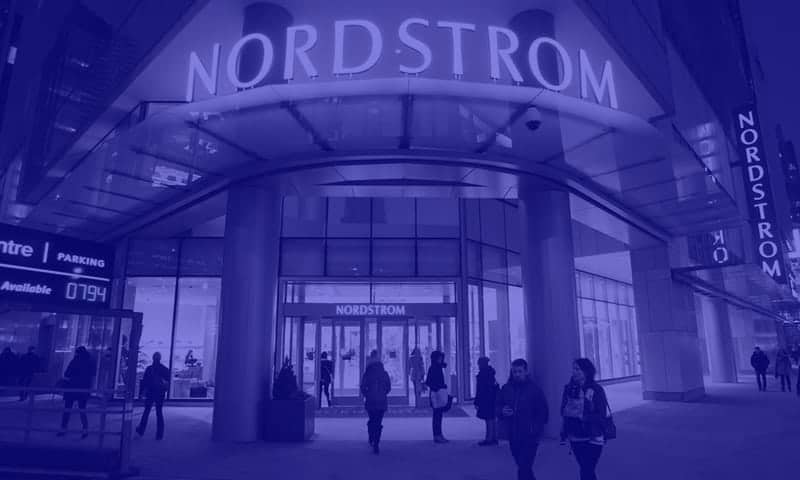
Nordstrom realized there was an opportunity to help speed up development cycles. In those early DevOps days, Nordstrom Technology still followed a traditional model of silo teams and functions. Application developers were spending more time fixing environments than writing code and adding business value.
Read this case study to learn how Nordstrom began their cloud-native journey with a continuous integration/continuous deployment (CI/CD) project and adopted Docker containers orchestrated with Kubernetes.
Dev and Ops team members built a CI/CD pipeline, working with the company’s servers on premise. The team chose Chef, and wrote cookbooks that automated virtual IP creation, servers, and load balancing. After they completed the project, deployment went from three months to 30 minutes. Further, the team increased Ops efficiency, improving CPU utilization from 5x to 12x depending on the workload.
There are now more than 60 development teams running Kubernetes in Nordstrom Technology, and as success stories have popped up, more teams have gotten on board.
The way the retail environment is today, Nordstrom is trying to build responsiveness and flexibility where they can. Kubernetes makes it easy to bring efficiency to both the Dev and Ops side of the equation.